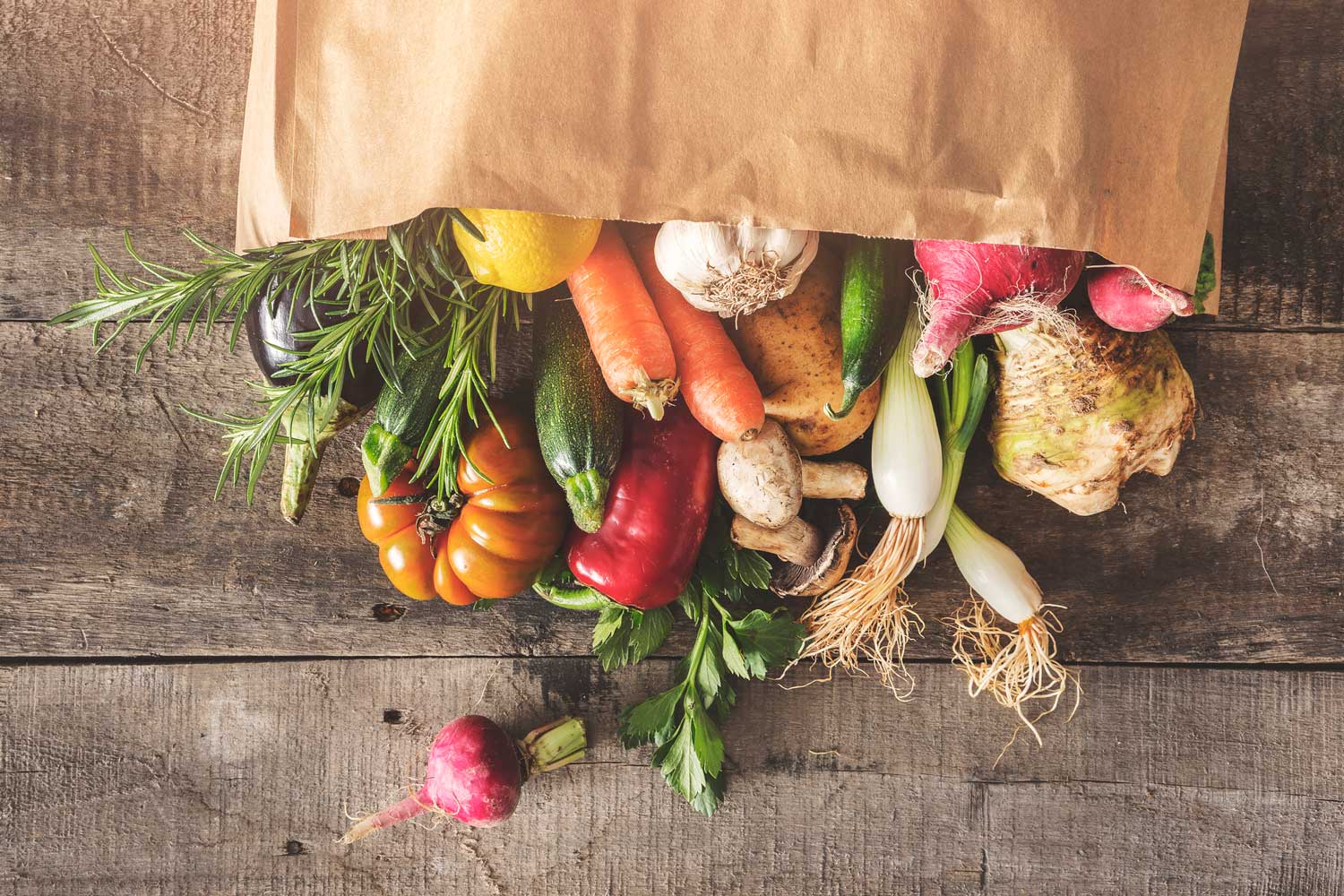
As a vegan, there are two questions about my diet I get asked on the regular:
1.) where do you get your protein?
And 2.) how do you meet your intake of iron?
Today, we’re focusing on the latter as it’s totally fair enough. The best source of iron is via animal products – think meat, fish and eggs – as they contain haemoglobin (haem iron has a high bioavailability, meaning it’s easily absorbed by the body.) That said there are plenty of plant-based foods that are rich in non-haem iron, which is essential for transporting the oxygen in the blood.
Other roles of iron include:
- Providing myoglobin – a protein that is responsible for the red colour of muscles
- Helping the immune system to function, in order to fight off infection.
- Supplying the body with enzymes involved in energy production.
For men aged 19 and over, the recommended daily intake is 8mg per day. But, considering some foods inhibit the absorption of iron, there are a few things you should be wary of before nixing animal products entirely.
RELATED: Here’s Exactly What This Ripped Vegan Bodybuilder Eats In a Day
“Soy proteins can reduce iron absorption from plant sources, accredited practicing dietitian Natalie Von Bertouch tells Men’s Health. “The same goes for tea, coffee and wine as they contain tannins that bind to iron and carry it out of the body. This means it’s best to avoid drinking these directly after consuming a source of iron.”
To boost your absorption, Von Bertouch recommends loading up on vitamin C-rich fruits and vegetables.
“Cooking plant-sources of iron, for example spinach and broccoli will also help as the heat increases the amount of available non-haem iron in vegetables.”
The most at-risk groups of iron deficiency include:
- Babies who are given cow’s or other milk instead of breastmilk or infant formula
- Toddlers, especially those who frequently drink cow’s milk
- Teenage girls
- Menstruating women, especially those who have heavy periods or an IUD
- Pregnant or breastfeeding women
- People with poor diets or those with eating disorders
- People who follow a vegetarian or vegan diet
- Aboriginal Australians
- Athletes in training
- People with intestinal worms
- Regular blood donors
- People with chronic conditions such as cancer, auto-immune diseases, coeliac disease, heart failure, kidney disease or conditions that predispose them to bleeding, such as gum disease or stomach ulcers
- People who regularly take aspirin
Here are our top picks for the best plant-based sources of iron:
|
Weetbix TM |
30g |
4.2mg |
|
All Bran TM |
30g |
3.2mg |
|
Kidney beans |
1 cup |
3.1mg |
|
Green lentils |
1 cup |
3.0mg |
|
Tofu |
100g |
2.96mg |
|
Chickpeas |
1 cup |
2.7mg |
|
Cooked wholemeal pasta |
140g (1 cup) |
2.3mg |
|
Cashew nuts |
30g (20 nuts) |
1.5mg |
|
Raw spinach |
1 cup |
1.2mg |
|
Rolled oats |
30g |
1.1mg |
|
Almonds |
30g |
1.1mg |
|
Dried apricot |
30g (5 dried apricots) |
0.93mg |
|
Broccoli |
1 cup |
0.86mg |
|
Cooked brown rice |
140g (1 cup) |
0.7mg |
|
Wholegrain bread |
1 slice |
0.4mg |
RELATED: Everything You Need To Know About Getting Protein On A Plant-Based Diet














